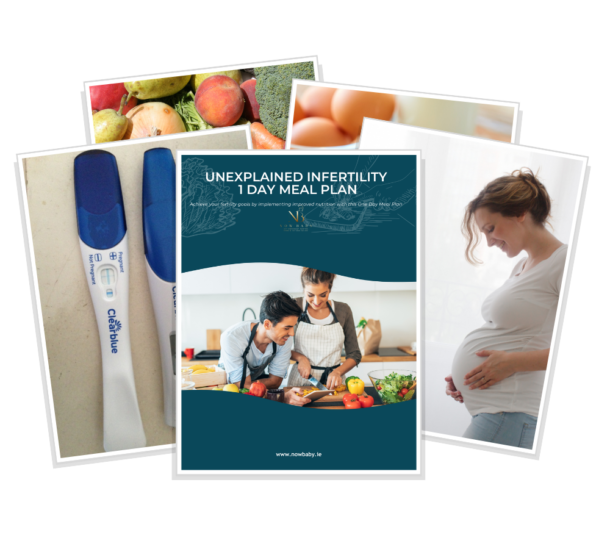Male Infertility
Male infertility is directly linked to sperm health. Men make new sperm every day, but they are not mature enough to fertilise your egg until they are three months old. Everything your partner does, in terms of nutrition and lifestyle in the three months prior to conception can affect the number of sperm, the morphology and the motility. Sperm are highly susceptible to oxidative stress which can damage both the genetic instruction contained within them and also their ability to reach the egg. By following a fertile friendly lifestyle, sperm health can be improved enough to conceive naturally in just three months. 50% of all fertility issues include a male factor.
Male infertility testing
Semen analysis for male infertility
When you are trying to conceive for a while you may have had some tests and investigations, possibly including a semen analysis. You may have even been told the sperm count, motility and morphology ‘were fine’.
The World Health Organisation (WHO) defines the parameters for blood, hormone and semen tests. Sperm health has declined by 50% over the past few decades and the WHO parameters have been reduced to reflect that, so when a semen analysis is described as ‘fine’, ‘normal’, ‘adequate’, it is being measured against a new low normal. 50 years ago sperm count was expected to be 100 million and WHO reference range is now 15 million.
It is always important to get a copy of the actual results. This helps to be clear on where each of the parameters are right now. Every semen analysis is a point in time test, the values can go up or down from one batch to the next. When embarking on steps to improve sperm health, having a baseline is useful in terms of evaluating progress.
Ultrasound
In the event that little or no sperm are found (azoospermia) ,a Urologist is usually consulted to identify if there is an obstruction. Ultrasound is normally used to determine, this. If a blockage is found then minor surgery may be an option, after which follow up semen analysis will confirm if the procedure has been successful.
In the event of now blockage being identified then more in-depth hormone and medical screening may be required. In either case you can work at improving sperm health naturally.
Sperm lifecycle
Sperm lifecycle is 72 days and is highly dependent of testosterone for development.
- Men’s testosterone levels have dropped 20% in the last 20 years (Travison, 2007).
- Sex hormone imbalances tend be driven by a combination of the following factors:
- Blood sugar dysregulation
- Excessively high or low body weight and body fat percentage
- Chronic stress depressing pituitary function
- High toxic load endocrine disrupting chemicals (EDCs)
- Disrupted and/or desynchronised sleep
- Under or over activity
- Chronic inflammation
The Now Baby fertility programmes address these parameters through simple nutrition and lifestyle changes which may, not only improve male infertility, but overall health and wellness. When a female partner has an identified fertility challenge it is so important that their male partner achieves and maintains peak fertility health in order to bridge the gap.






